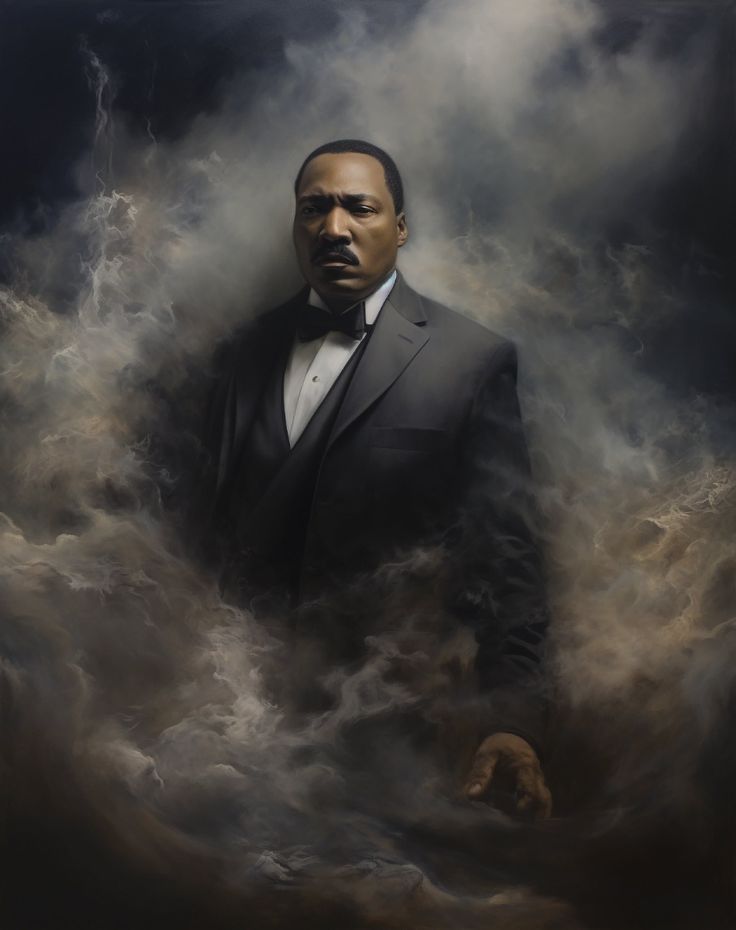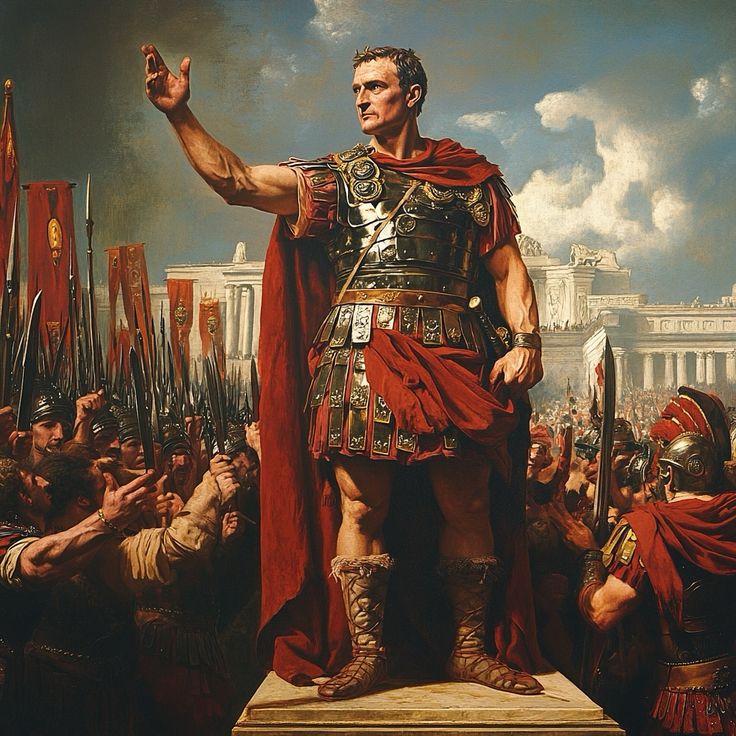
Martin Luther King Jr. - 2

Two years later, MLK visited Mahatma Gandhi’s birthplace in India, which emboldened him to continue down the path of peaceful activism.
On August 28, 1963, MLK would leave his mark on American history by delivery the famous “I Have a Dream” speech during the March on Washington for Jobs and Freedom.
King had such a profound impact on American race relations that his efforts resulted in the passage of the Civil Rights Act of 1964, which authorized the federal government to desegregate public accommodations. The same year, MLK received the Nobel Peace Prize.
MLK would continue his activism until his assassination on April 4, 1968. His killer, James Earl Ray, was eventually apprehended after a two-month manhunt.
King’s assassination was a tragic end to a remarkable life that had a seismic impact on an entire nation.
He proved, just like Gandhi, that non-violent protests can influence tremendous change. MLK gave his life to the civil rights movement.
Nearly 50 years after his death, his legacy is stronger than ever. The third Monday of every January is Martin Luther King Jr. Day, an observed federal holiday in the United States.


